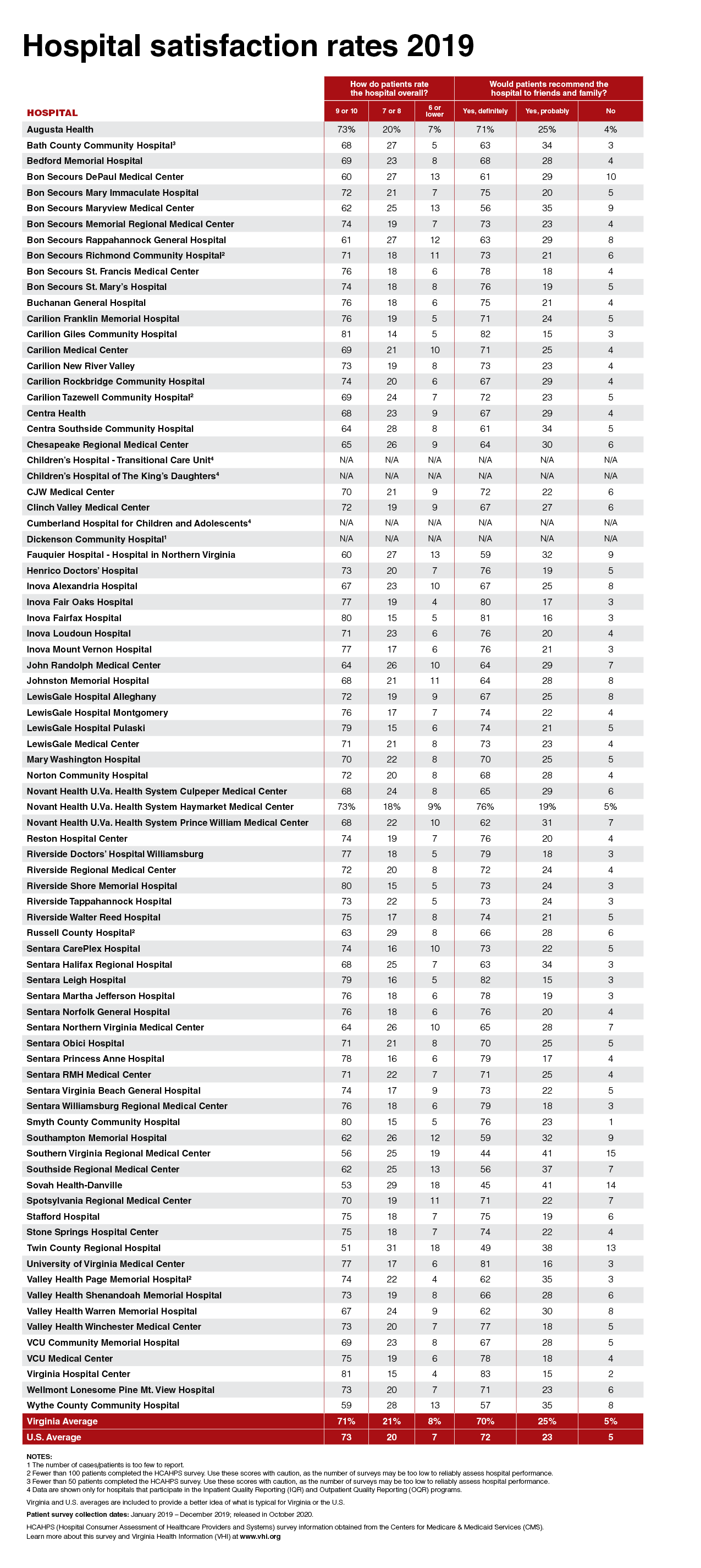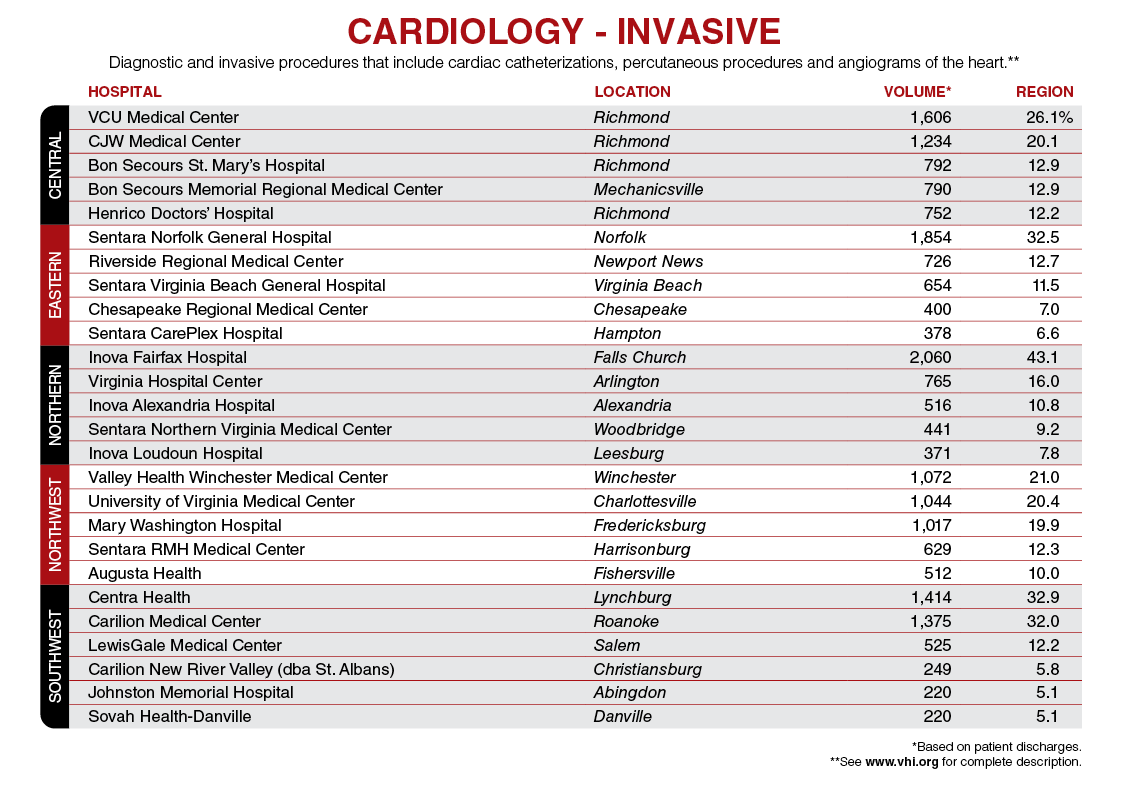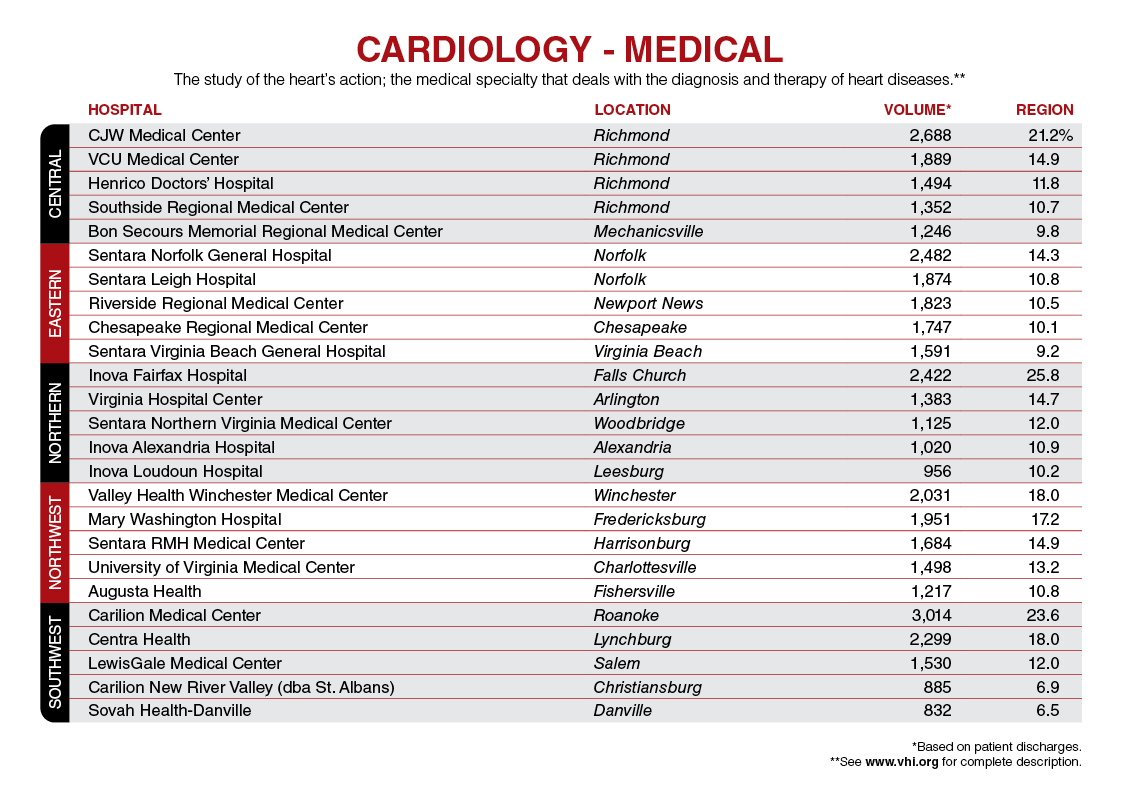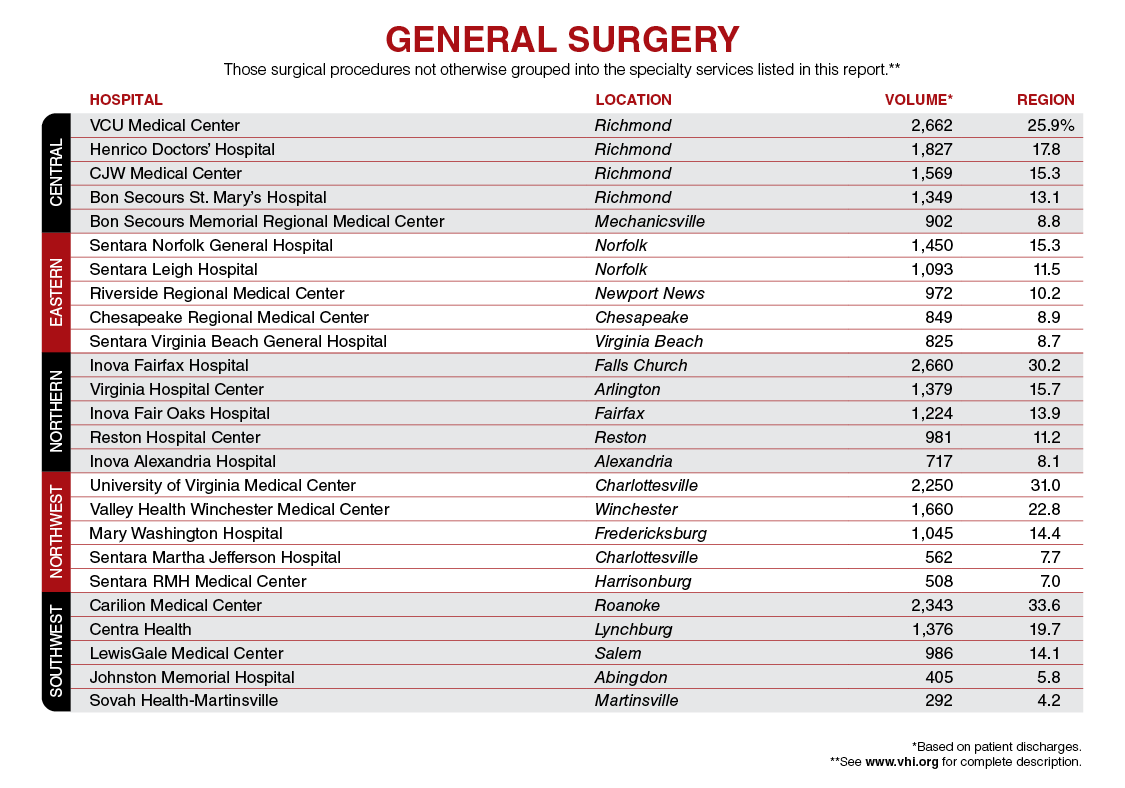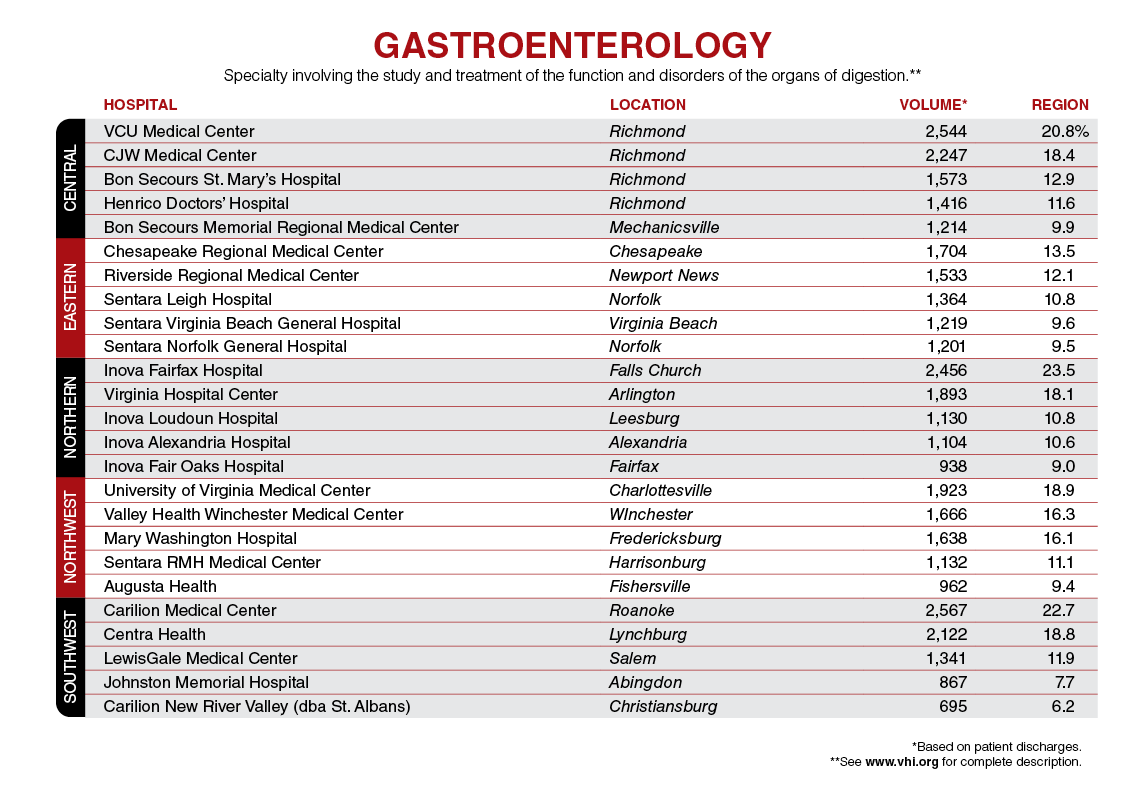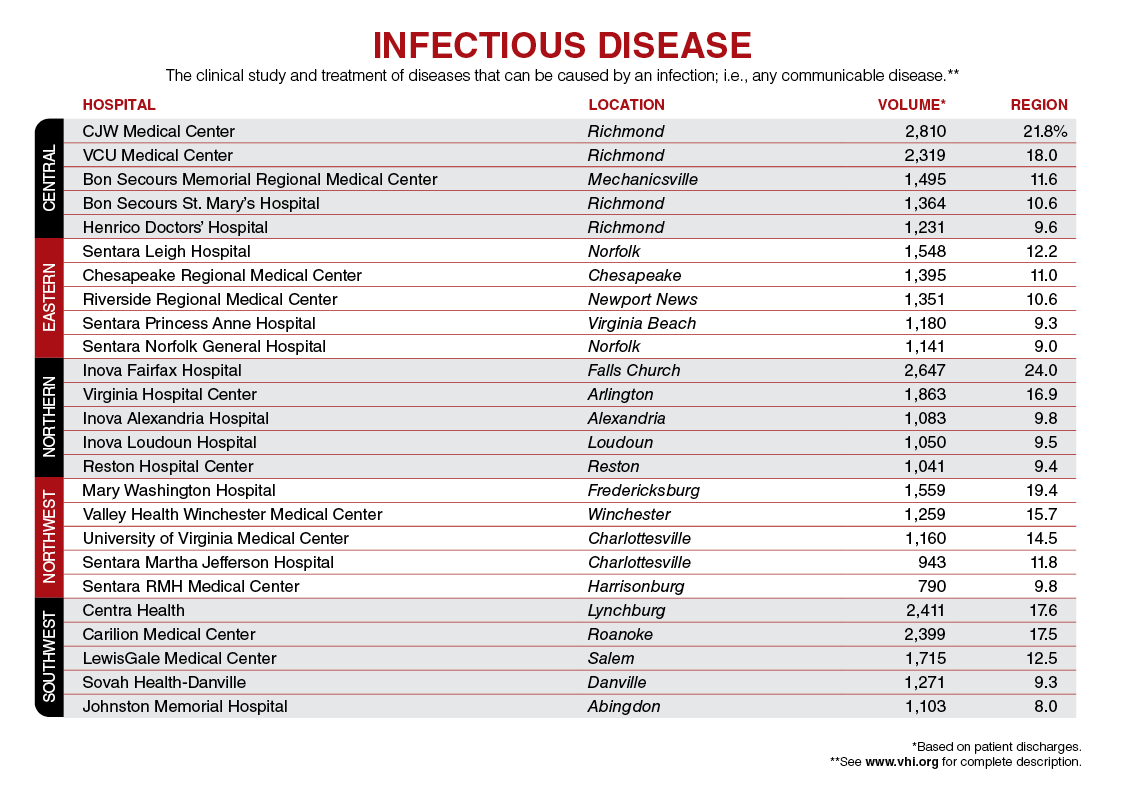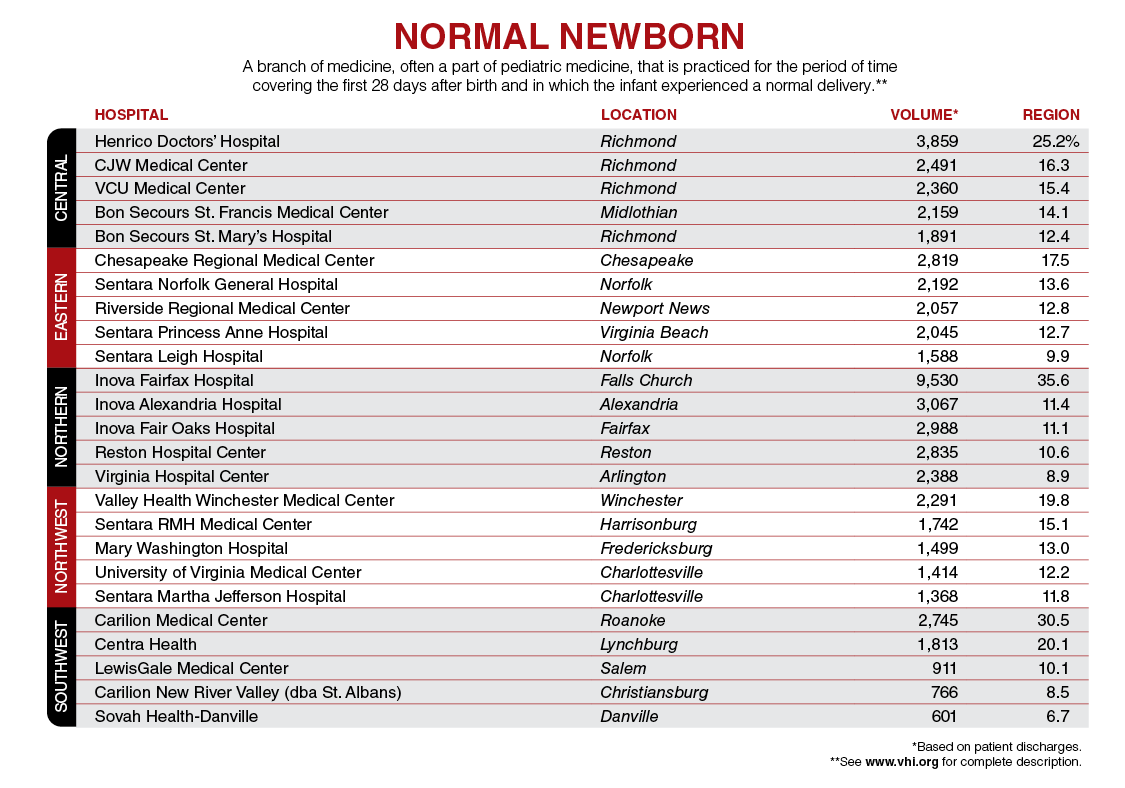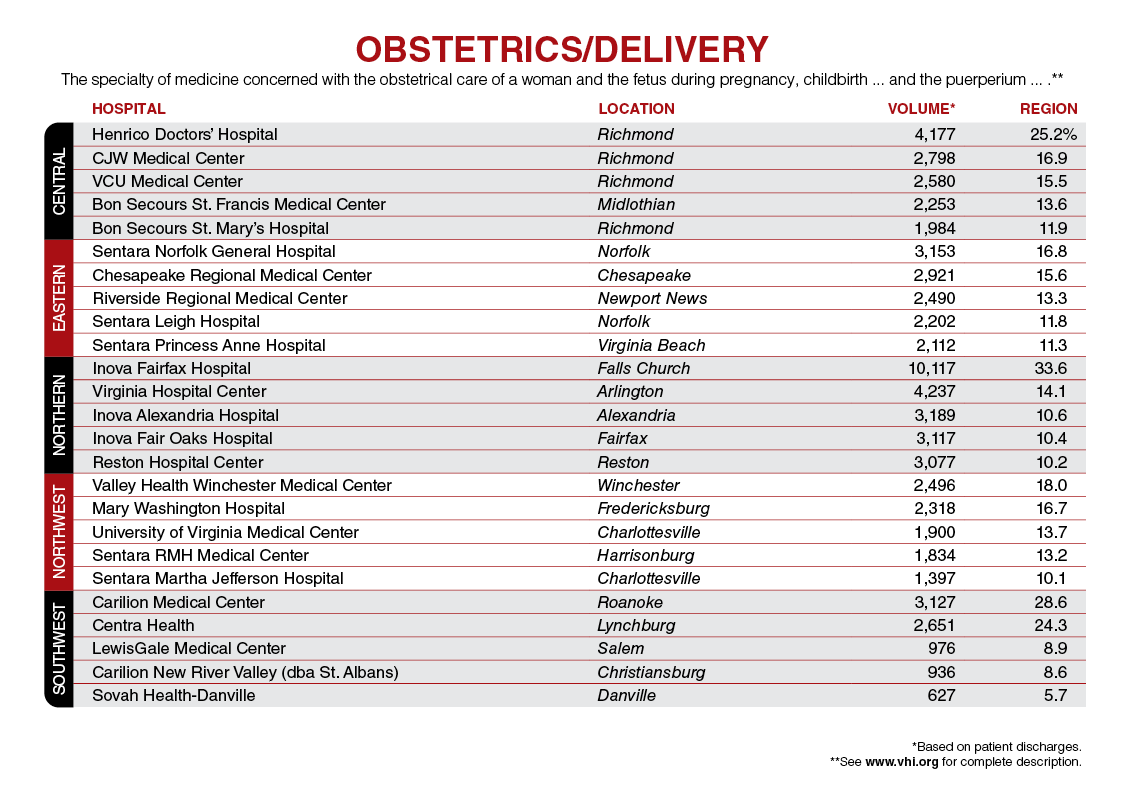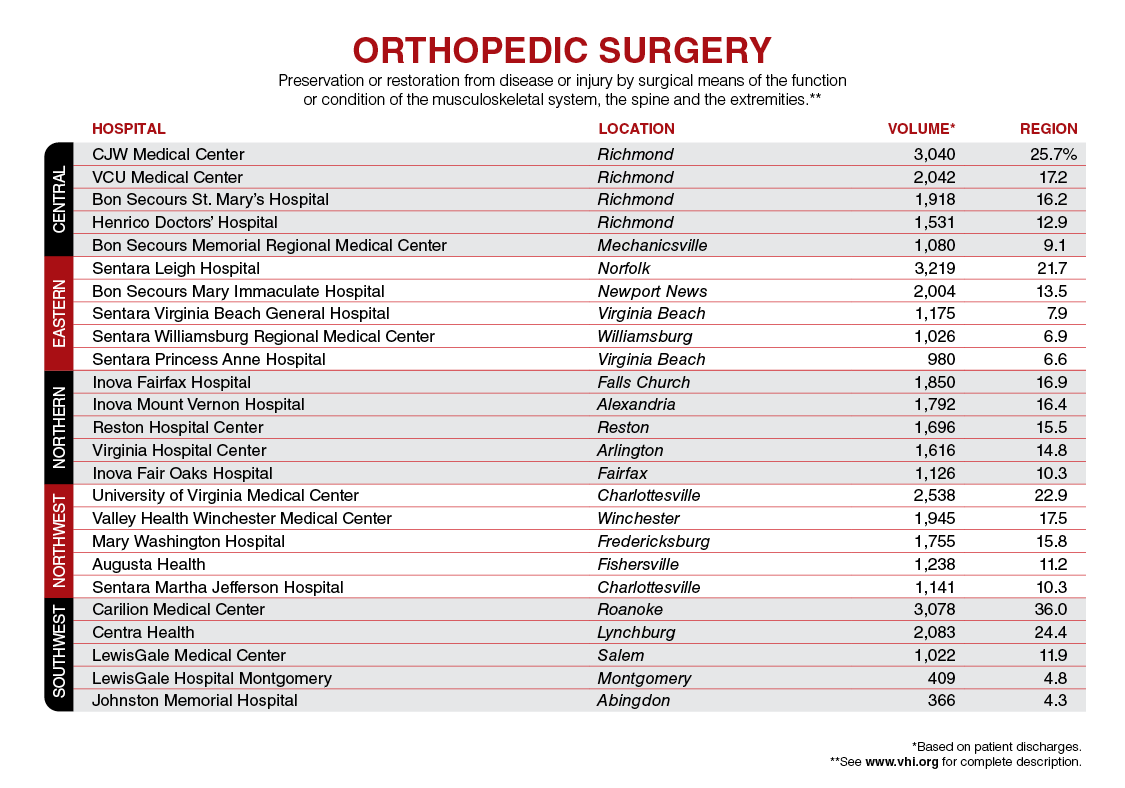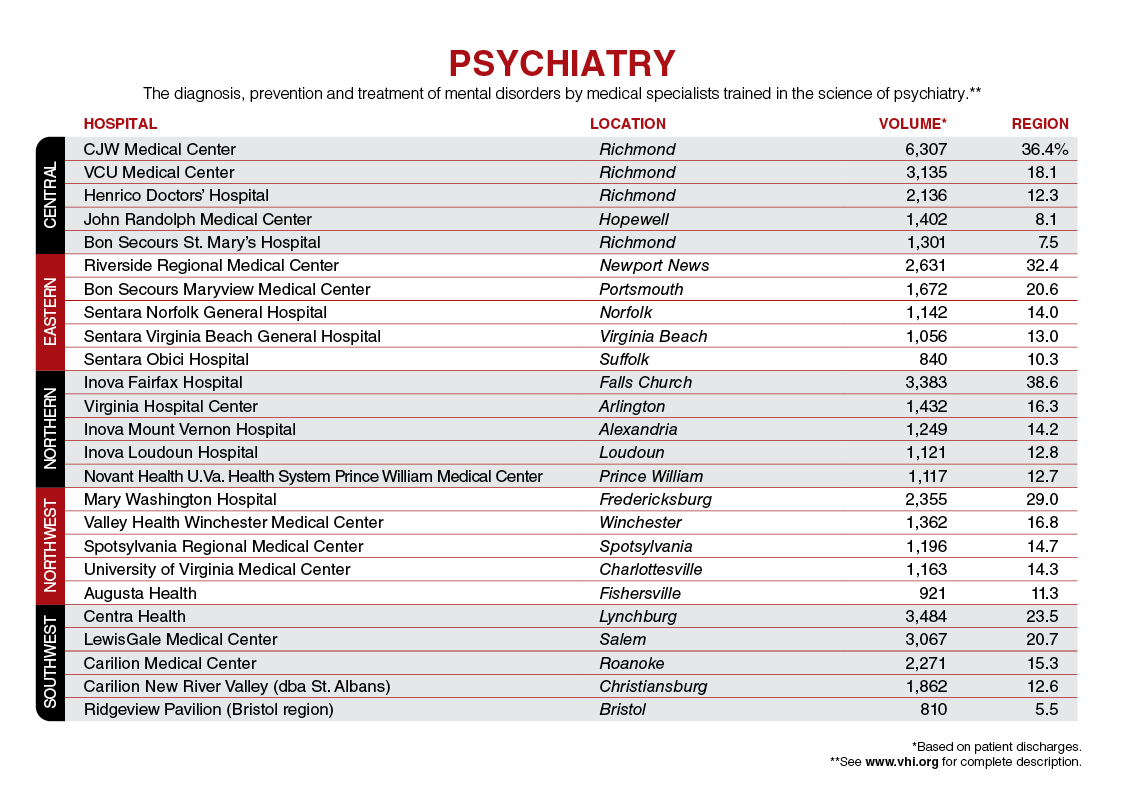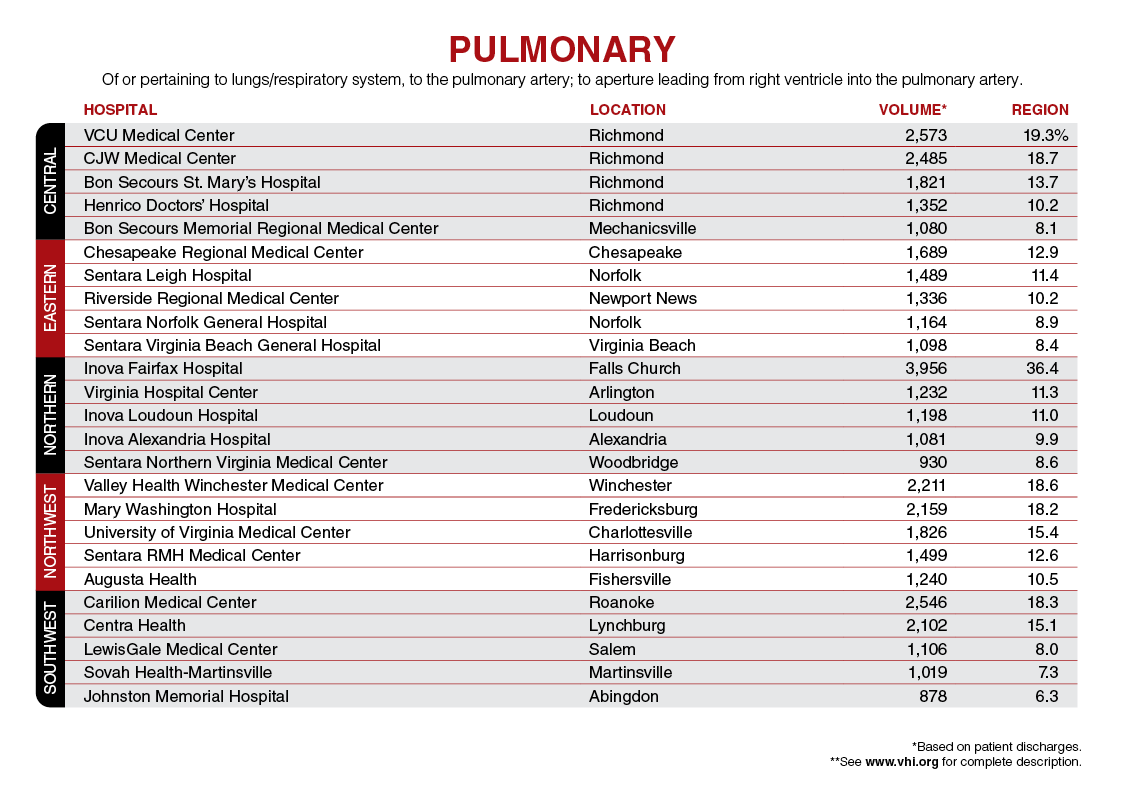Amid recent criticism from local officials and Virginia residents over the state’s COVID-19 vaccine rollout so far, Gov. Ralph Northam acknowledged citizen frustration and said the state is accelerating its efforts “to get more shots in more arms more quickly” and will also be “significantly expanding transparency.”
“I understand your frustration,” Northam said during a news conference Wednesday. “I know you’re out of patience and I am as well. Everyone across the country is tired of the pandemic. We all want to put COVID behind us and get back to normal. We know that vaccines are the way out and everyone wants to get the shot now, and I get that.”
In the past week, state legislators and local elected officials have blasted Northam for the bumpy vaccine rollout, with Chesterfield County supervisors calling the process “totally defective,” and the Hampton Roads Planning District Commission saying the vaccination campaign has been “inconsistent” and “causing confusion and frustration” for citizens.
According to Centers for Disease Control and Prevention data examined by Becker’s Hospital Review, as of Tuesday, Virginia was ranked second from last in the country based on the percentage of distributed doses that have been administered in the state, 45.15%. VDH’s most recent data, which is about a day ahead of the CDC’s, shows an improvement at 49.2%. At the beginning of January, Virginia’s distributed dosage rate hovered below 25%.
Speaking Wednesday, Northam said that Virginia has administered 594,828 shots so far, placing Virginia at No. 11 out of the 50 states for the total number of doses administered. The state has also met its initial goal of providing 25,000 vaccinations per day and is averaging around 26,000 per day.
Northam reminded Virginians that the first COVID-19 vaccination in the nation occurred just six weeks ago, on Dec. 14, 2020. Virginia has prioritized the vaccine administration, with the first doses earmarked for the roughly 500,000 health care workers and residents in long-term care facilities across the commonwealth. More than 520,000 doses of the two-injection vaccines have been delivered to that population at this point, Northam said Wednesday.
On Jan. 14, Northam expanded the eligibility pool for vaccinations to include all residents 65 and older, as well as younger people with certain health conditions, causing statewide demand to grow significantly, far outpacing the approximately 105,000 weekly doses the state has been receives from the federal government. Many localities have waiting lists for vaccines, and residents around the state have overwhelmed health districts, pharmacies and hospitals with calls, trying to make appointments.
During his Wednesday news conference, Northam said that expansion was driven by outgoing Trump administration officials who told governors that the federal government would reduce vaccine shipments to states that didn’t expand eligibility to those 65 and under. The only problem, Northam says, is that two days after being told to make that change, the states then learned that the federal government did not possess a vaccine reserve that the Trump administration had said existed. “That,” Northam said, “made a confusing situation even more confusing.”
The Biden administration has pledged to boost the weekly vaccine supply to states by 16% starting next week and is providing states with vaccine supply data for a month in advance instead of week to week, as was the case previously, the governor said.
Northam also said that all hospitals in the commonwealth should have administered first doses of the two-step vaccine to health care workers by now.
“There’s no excuse for first doses to be sitting there unused. Get them out and get them in arms now,” Northam said, adding that his administration was also working with hospitals and local health districts to ensure they are not holding on to excess vaccine supplies for second doses, which aren’t needed until about three weeks later. The state intends to reallocate those doses to localities in need of first doses. This should result in a 20% increase in vaccinations in Virginia this week, he said.
Virginia hospitals have administered a little under 318,000 vaccine doses to hospital staff, health care workers, essential workers and other eligible Virginians since mid-December 2020, said Dr. Michael P. McDermott, president and CEO of Mary Washington Healthcare in Fredericksburg and the immediate past chairman of the Virginia Hospital and Healthcare Association.
In an effort to increase transparency about the state’s COVID-19 vaccination campaign, Northam said that his administration has advised local health districts that 50% of the limited supply of COVID-19 vaccine doses should be allocated to adults ages 65 and older and 50% should be allocated for a group including frontline essential workers, people ages 16 to 64 with high-risk medical conditions or disabilities, and people in correctional facilities, homeless shelters and migrant labor camps.
State Sen. Bill DeSteph, R-Virginia Beach, has often spoken critically about the slow vaccine rollout on the Senate floor. In a Jan. 20 letter to Northam, DeSteph complained that Virginia Beach had not yet entered vaccination phase 1b, which allows vaccinations of people age 65 and older, younger people with health conditions and essential workers including school employees, first responders and grocery workers, among other workers.
“Why is the largest city in Virginia still in 1a?” DeSteph asked in his letter. “We have everything we need to administer the vaccine. The numbers on the VDH’s website suggest that there are currently over a half-million doses distributed throughout the state and ready to be used.” As of Monday, the entire state had entered phase 1b.
Although a state advisory team started work last September on planning the vaccination campaign — getting more than 2,000 pharmacies, health districts, hospitals and other facilities ready to give vaccinations, as well as planning future vaccination events with assistance from the Virginia National Guard — the governor did not name a vaccine coordinator for the state until earlier this month.
Over the past two weeks, Dr. Danny Avula, director of Richmond and Henrico County’s health departments, has led the effort to speed up vaccinations and also track down information on vaccinations that hasn’t been entered into the state vaccination database — a significant issue involving paperwork delays, redistribution of some doses based on need, and a federal partnership with CVS and Walgreens pharmacies to vaccinate long-term care residents and employees that skips over the state system, leaving some vaccinations unaccounted for on the VDH site. Also, residents of nursing homes and care facilities with outbreaks of the virus have to wait to be vaccinated.
Last week, Avula assigned a 10-person team to track down that data and make sure it’s reflected on the state vaccine dashboard, which is updated daily.
Avula has said the ultimate aim is to vaccinate an average of 50,000 people a day in Virginia and achieve 70% to 80% immunity, but that the pharmaceutical companies will not be able to produce enough vaccine until at least March to achieve that goal. The Biden administration announced Tuesday that it was “on the cusp” of securing 200 million more doses of the Moderna and Pfizer Inc. vaccines currently available in the United States, bringing the available supply to 600 million doses by this summer — but this would not help the current pinch felt in Virginia and other states. District health directors are warning that it will take the state at least until March or April to vaccinate everyone in group 1b, which makes up about half of the state’s 8.5 million population.
Avula said that aside from his direction from Northam to speed up vaccination efforts now and make sure vaccine information is up to date and accurate, his other task is to make sure the infrastructure is in place to deliver shots to 50,000 Virginians per day later this spring and early summer.
Toward that effort, the House of Delegates unanimously passed a bill Tuesday that expands the number of people qualified as eligible COVID-19 vaccine administrators during a state of emergency, including trained health care volunteers, nurse practitioners, practical nurses, medical students and pharmacy technicians. The measure also protects vaccinators from being liable for injury or death resulting from a vaccination, except in the case of gross negligence or willful misconduct.
Also, the city of Richmond announced Wednesday that Mayor Levar Stoney tested positive for COVID-19, but that he has experienced only mild symptoms since Monday. “While I do not feel 100%, I am thankful that my symptoms are currently manageable and will continue to work from my home to ensure the continuity of city government,” he said in a statement.

Subscribe to Virginia Business.
Get our daily e-newsletter.



